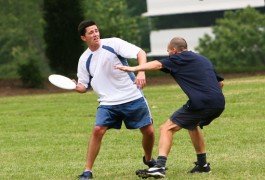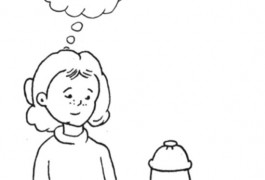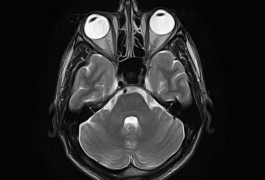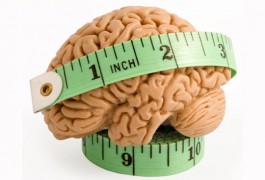Cognition and behavior: Study defends mirror neuron theory of autism
Activity in the mirror neuron system may improve with age in people who have autism, according to a study published in February in Biological Psychiatry. The finding could help resolve contradictory reports on the involvement of mirror neurons in the disorder.









